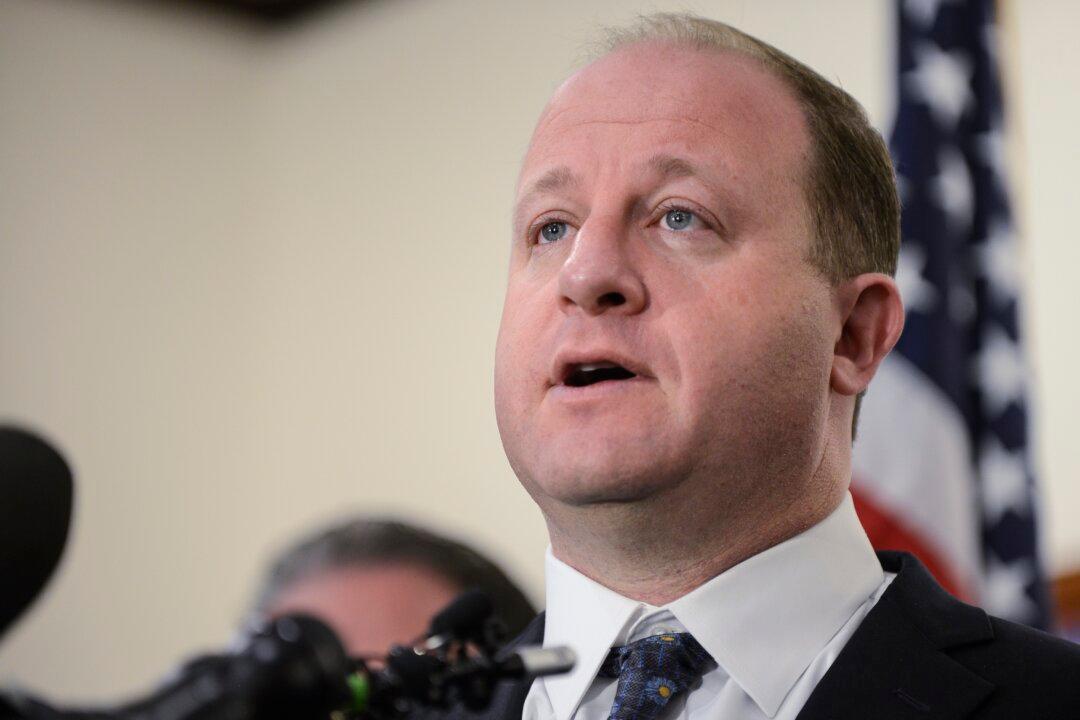Colorado on Tuesday became the first state to ban legacy admissions at public colleges and universities.
Gov. Jared Polis signed a bill (pdf) that puts an end to public higher education officials giving preference to candidates with familial relationships to alumni of an institution, arguing that the system disproportionately harms first-generation college students, people of color and those living in the country illegally.





